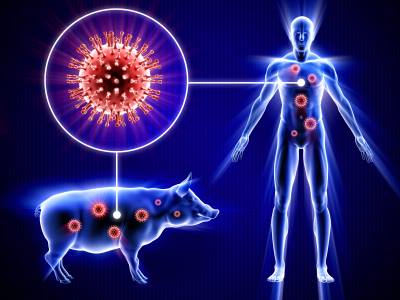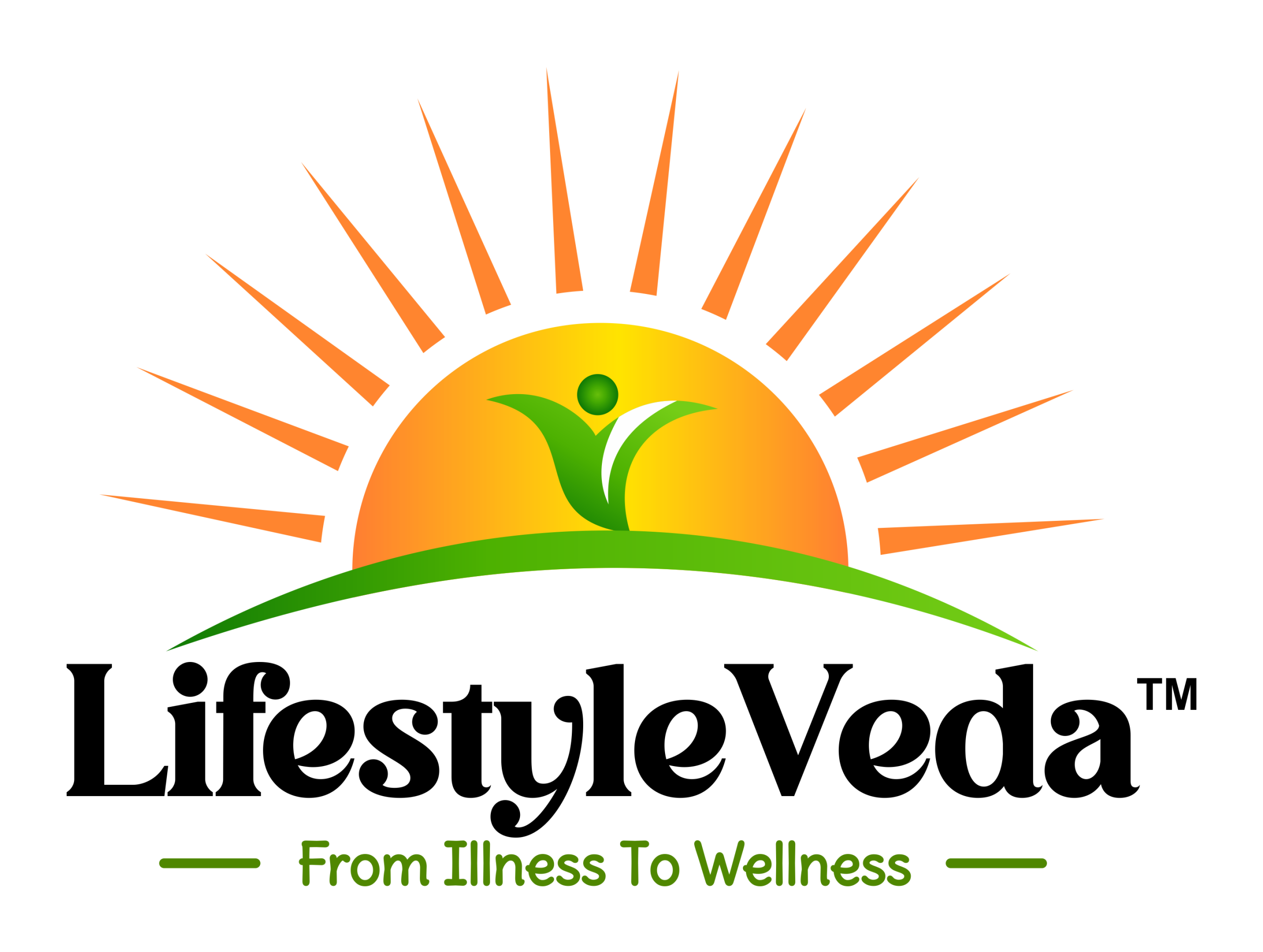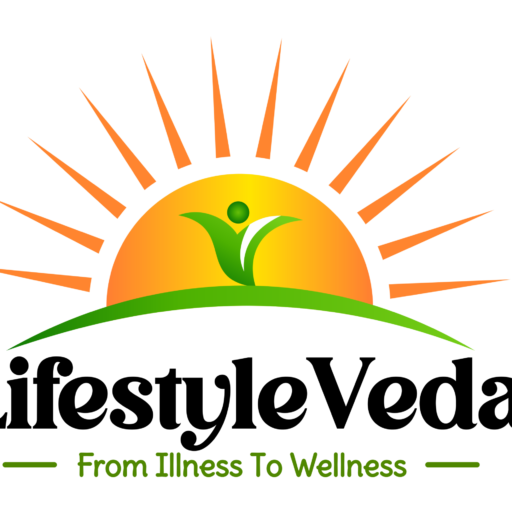Swine Flu

Swine Flu (H1N1 Influenza): Causes, Symptoms, and Treatment
Swine flu is a respiratory disease caused by the H1N1 influenza virus, which originally spread from pigs to humans. The virus became a global concern during the 2009 pandemic, but it is now considered a seasonal flu strain that circulates annually.
Causes & Transmission
- Caused by: Influenza A (H1N1) virus.
- Spread Through:
- Person-to-person contact via coughs, sneezes, or talking.
- Touching contaminated surfaces (e.g., doorknobs, phones) and then touching the face.
- Close contact with infected pigs (rare in human cases).
Symptoms of Swine Flu
Similar to seasonal flu, symptoms appear within 1-4 days after exposure and include:
- Fever & Chills (100°F or higher)
- Cough & Sore Throat
- Runny or Stuffy Nose
- Body Aches & Fatigue
- Headache
- Shortness of Breath (in severe cases)
- Vomiting & Diarrhea (more common in children)
Severe Symptoms (Seek Medical Help Immediately)
- Difficulty breathing or chest pain
- Severe dehydration (dry mouth, no urination)
- Confusion or dizziness
- Bluish lips or skin
- Worsening of chronic conditions (asthma, diabetes, heart disease)
Diagnosis of Swine Flu
- Nasal or throat swab test to detect the H1N1 virus.
- Symptoms assessment by a healthcare provider.
Treatment for Swine Flu
1. Antiviral Medications (For Severe Cases)
- Oseltamivir (Tamiflu) & Zanamivir (Relenza) help reduce symptoms if taken within 48 hours of onset.
- Not needed for mild cases, as most recover without medication.
2. Home Remedies & Supportive Care
- Rest & Hydration: Drink fluids (water, herbal tea, broth) to prevent dehydration.
- Fever & Pain Relief: Use acetaminophen (Tylenol) or ibuprofen for fever and body aches.
- Steam Inhalation: Helps with nasal congestion.
- Avoid Close Contact: Stay isolated to prevent spreading the virus.
Prevention of Swine Flu
1. Vaccination (Flu Shot)
- The annual flu vaccine includes protection against H1N1.
- Recommended for high-risk groups:
- Pregnant women
- Young children & elderly
- People with chronic illnesses (asthma, diabetes, heart disease)
2. Hygiene Practices
- Frequent Handwashing with soap and water.
- Use Hand Sanitizer when soap is unavailable.
- Cover Mouth & Nose with a tissue or elbow when sneezing/coughing.
- Avoid Touching Face (eyes, nose, mouth) to prevent virus entry.
3. Strengthen Immunity
- Eat a healthy diet rich in vitamins C and D.
- Get enough sleep and exercise regularly.
When to See a Doctor
- If symptoms are severe or persistent.
- If you belong to a high-risk group and develop flu-like symptoms.
Swine flu is treatable, and most cases are mild. However, vaccination and hygiene measures can help prevent infection and complications.

